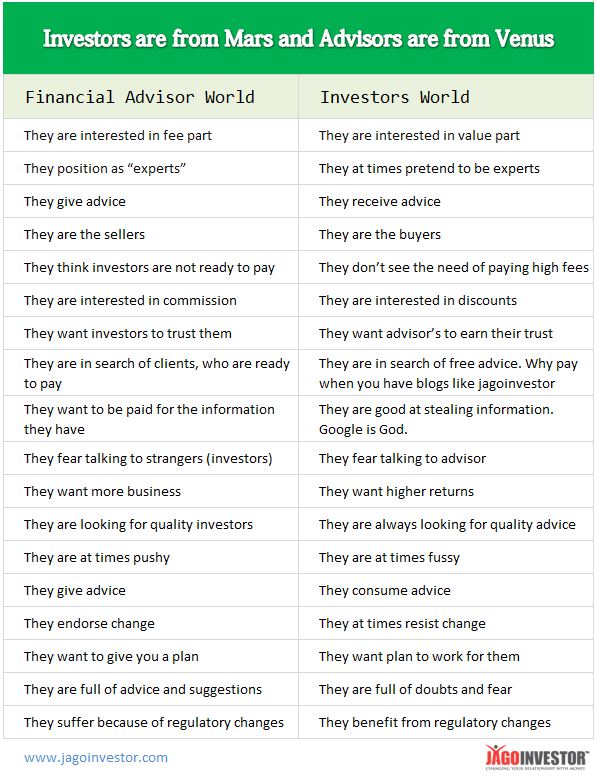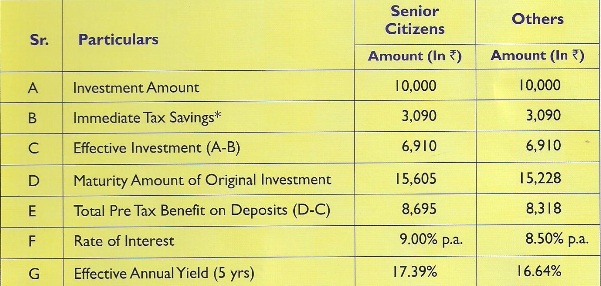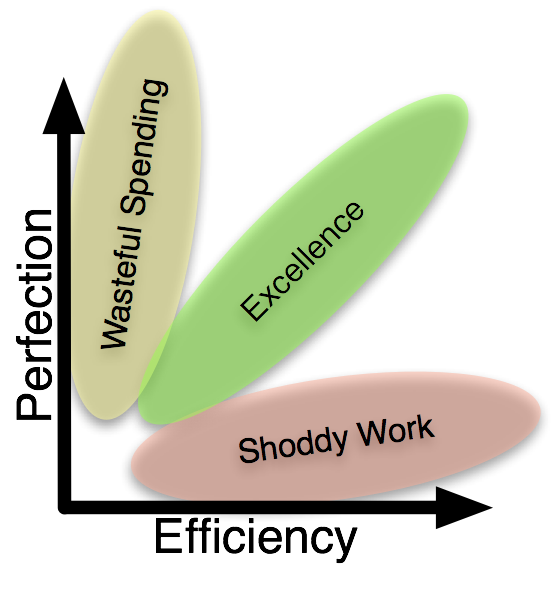IRDA has recently announced the launch of health insurance policy called “Arogya Sanjeevani Policy” (official link) which will have standard features which are required by a common man for his health insurance requirement.
IRDA thought of a standard policy which will be exactly same across insurers with similar features. In this review, I plan to give you details of this policy.
What is Arogya Sanjeevani Policy?
It’s a standard health insurance policy for a common man with standard features. It will be offered by all health insurance companies in India starting from 1st April, 2020 onwards. The name of the policy will be ‘Arogya Sanjeevani Policy – Insurance company name’. The premium, however, may be set by the insurers on their own.
The existing health insurance policies in market are quite complex at times with fancy features and differ from each other so much that a normal investor finds it very tough to choose a suitable policy. Hence IRDA came with this policy.
Who can buy the policy and for whom?
Any person whose age is between 18 and 65 yrs can take this policy. Either the person can buy an individual policy or buy the family floater option if one wants to cover other family members.
“Family” here means
- Spouse
- Parents
- Parents-In-Law
- Dependent children between 3 months to 25 years (natural or adopted)
Note that any children who are above 18 yrs and financially independent will not be eligible for family floater.
Features Arogya Sanjeevani Policy
[su_table responsive=”yes” alternate=”no”]
Feature |
Explanation |
| Sum Assured | The minimum sum assured is Rs 1 Lac and maximum sum assured is Rs 5 Lacs (in the multiple of 50,000) |
| Premium Payment Frequency | Premiums can be paid on a monthly, quarterly, half-yearly and on a yearly basis. It will be a 1 yr policy renewable each year |
| Cashless Benefit | Yes, there is cashless benefit under this policy |
| Maternity Benefit | Not Available |
| Renewability | Lifetime renewability is available in this policy. |
| Minimum & Maximum Age | The minimum entry age for the principal insured is 18 years and the maximum entry age is 65 years. |
| Waiting Period | 30 days of waiting period. Hence no claim will be paid in first 30 days after buying policy |
| Co-payment | A fixed copay for 5% is applicable for all ages in this policy. |
| Portability | Yes, the policy offers the portability option to other health insurance companies |
| Ambulance Charges | Max Rs. 2000 per hospitalization |
| Pre & post Hospitalization | 30 days Pre Hospitalization & 60 days Post Hospitalization expenses |
| Ayush Treatment | Yes, it’s Available.
AYUSH means all treatments related to Ayurvedic, Yoga, and Naturopathy, Unani, Siddha, Homeopathy |
| Waiting Periods | There are 2 types of waiting periods, 24 months and 48 months.
Most of the illness have only 24 months of waiting period, but two of them have 48 months of waiting period. |
| Sub Limits |
|
| NCB (No Claim Bonus) | NCB (No Claim Bonus) of 5% for each year up to 50% of the sum assured is covered. |
| Riders | Not Available |
[/su_table]
Policy Cancellation and Refunds
You can cancel the policy subject to following refund options
- If you cancel within 30 days, you will get 75% premiums back
- If you cancel from 31 to 90 days, then you get 50% premiums back
- If you cancel between 3 months to 6 months, then you get 25% premiums back
- After 6 months, you get NO refund
Is there any grace period in the policy?
Yes, For a yearly premium payment, 30 days grace period is allowed and for other modes of premium payment 15 days grace period is allowed.
Will the premium depend on my city or the zone?
No, it will be same across India. Note that some policies have zone-based premiums model
What are some exclusion of the policy.
The main exclusion is the maternity treatment expenses, but even treatments related to weight loss, change of gender, plastic surgery, hazardous adventure sports, breach of law or due to war, etc are excluded from the policy.
Good points of Arogya Sanjeevani Policy
- All main features are available in the policy which is required by any investor
- The policy has standard features, so no chance of getting confused when comparing the premiums of different companies
- It’s my guess, but the premiums of this policy would not be very high as copay is there in this policy and no complicated features exist. Also there is a very large market for this policy hence all insurance companies will compete with each other to keep premiums down
- Its a no brainer policy for someone who wants to buy a “decent policy”
- You can buy multiple Arogya Sanjeevani Policy from different insurers
Should you buy Arogya Sanjeevani Policy?
At the end, let me answer this important question.
Health Insurance is a long term product, and if you can afford the permission, you should go for a base policy which is very strong overall. I suggest one to go for a 10-15 lacs of base cover and extend the cover using super top up policies beyond that.
Overall Arogya sanjeevani policy is decent for a common man who wants a good enough health insurance policy which works. It’s like the Jan Dhan account which has all the decent features. However there are few things which are the issues
- 5% copay
- Sub limits of room rent
- Maximum Sum assured limit of Rs 5 lacs
- 30 days of waiting period
Hence, I would suggest to explore other health insurance policies which give option to take a higher sum assured and may also not have copay limits.
We also need to wait for couple of more months to see how this policy launch turns out to be and what kind of premiums will be charged by various companies. Overall, it’s a very positive development in health insurance space and this policy will give an opportunity to people from lower sections of society to buy a good enough health insurance policy.










